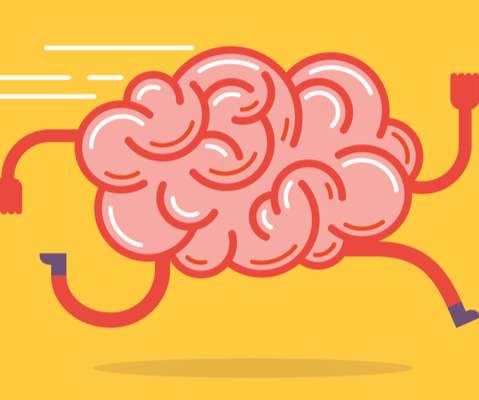Connected pedagogy: Social networks
Learning with e's
MAY 31, 2019
Mobile and personal technologies that are connected to global networks have afforded us with the priceless ability to collaborate and cooperate in new and inventive ways (Rheingold, 2002), and allow us to rapidly self organise into new collective forces (Tapscott and Williams, 2008). 2002) Smartmobs: The Next Social Revolution.
















Let's personalize your content